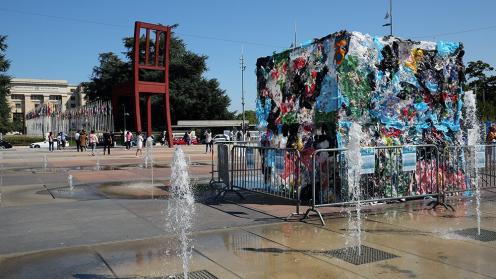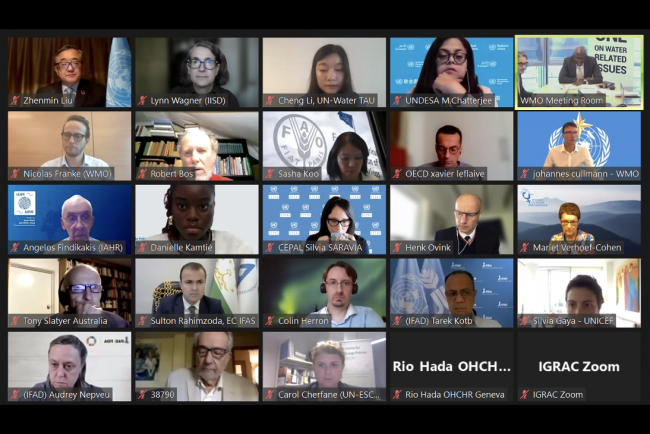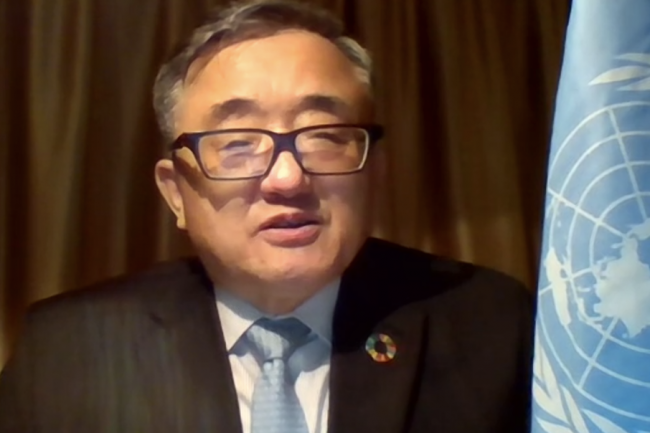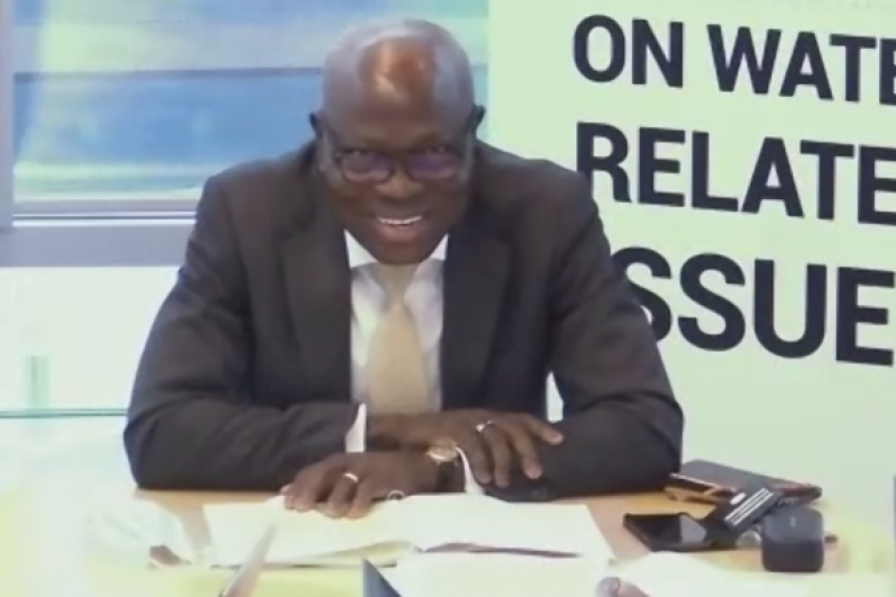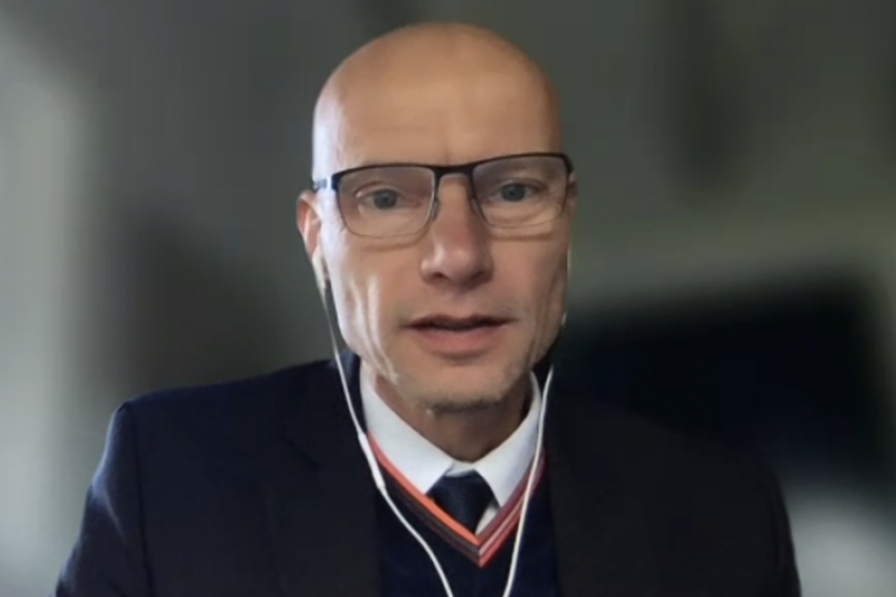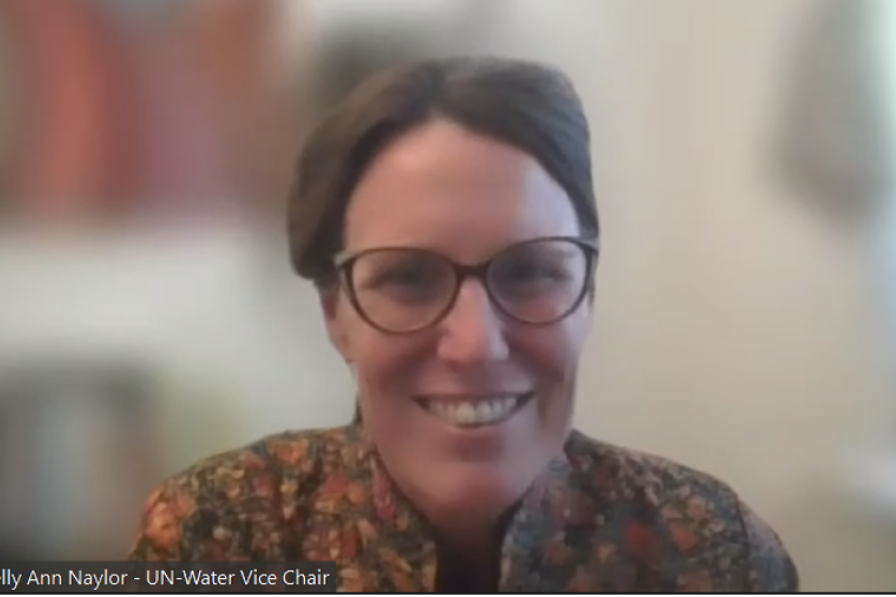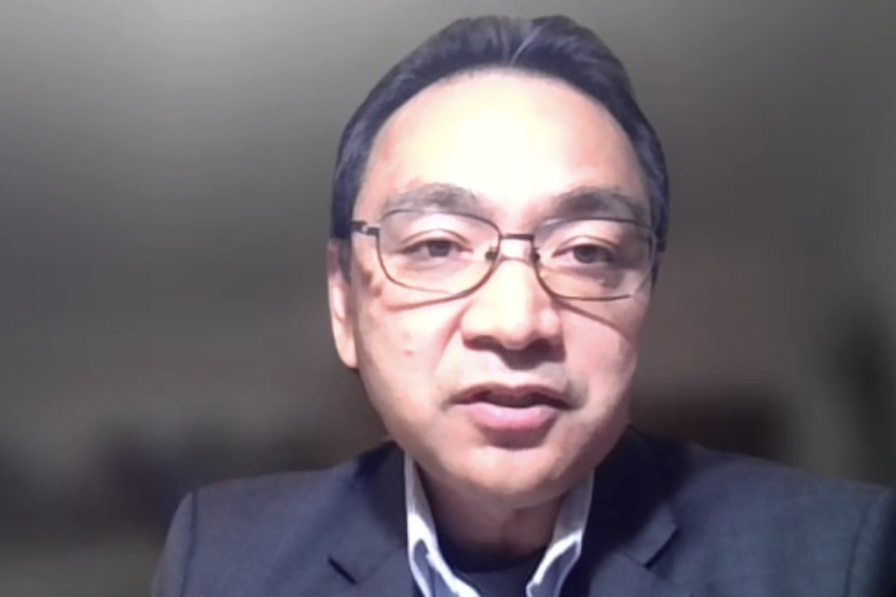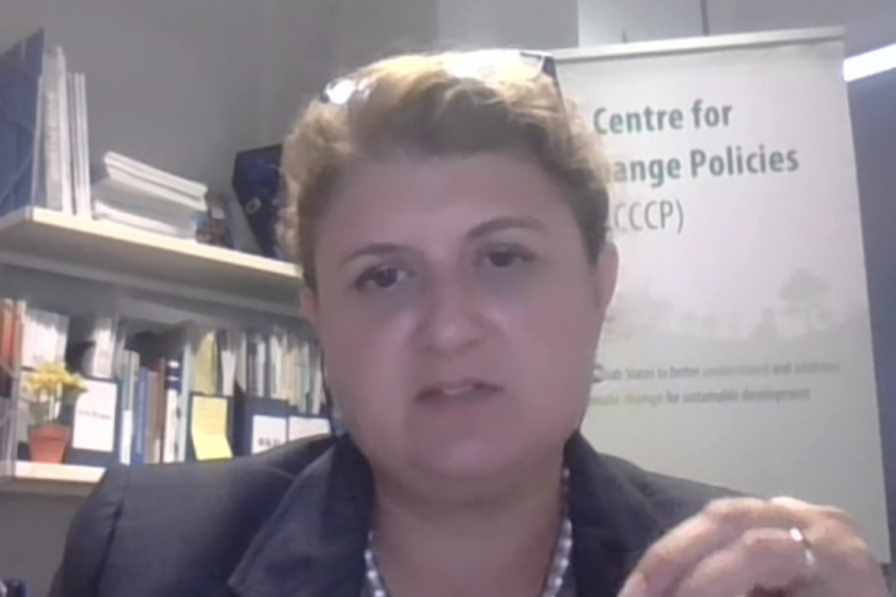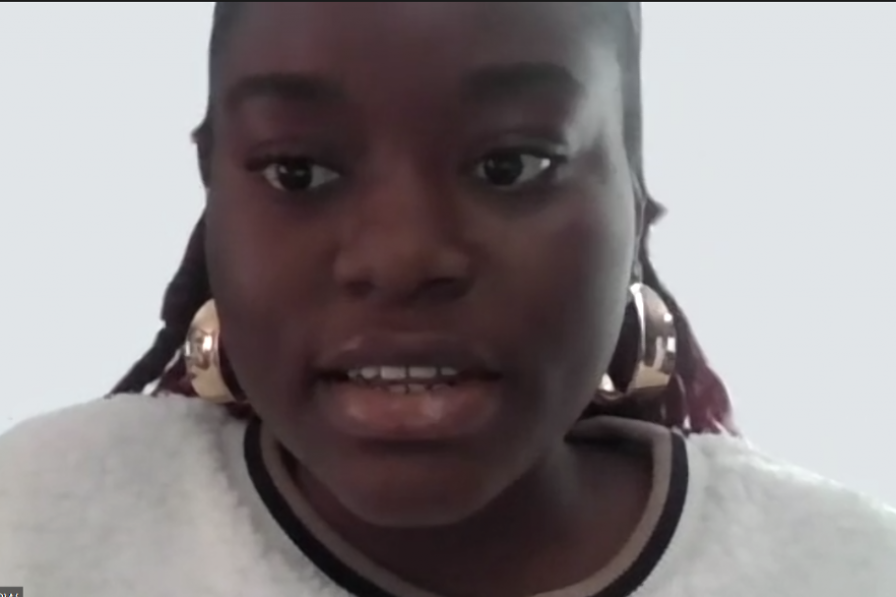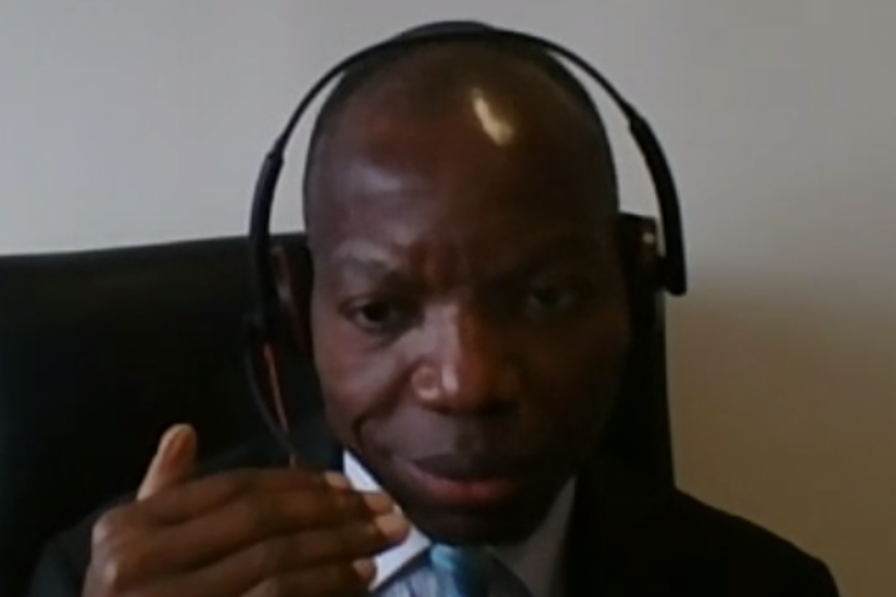The 35th UN-Water Meeting opened with a focus on the 2023 Conference for the Midterm Comprehensive Review of Implementation of the UN Decade for Action on Water and Sanitation (2018-2028) and the preparatory process leading to the Conference. Representatives from the two co-hosts of the 2023 Conference, Tajikistan and the Netherlands, offered remarks on the importance of the Conference and an inclusive preparatory process. The Secretary-General of the Conference outlined current planning for the Conference, and organizers of related conferences offered recommendations.
Sulton Rahimzoda, Chair of the Executive Committee of the International Fund for saving the Aral Sea (IFAS), Co-Chair of the Dushanbe Water Process, and Special Envoy of the President of Tajikistan to the High-Level Panel on Water and Climate, recalled that the 2023 review event will be the first dedicated water conference since the 1977 UN Conference on Water in Mar del Plata, Argentina. He highlighted formal and informal tracks that will comprise the preparatory process, including the Second Dushanbe International Conference on the Decade, the 9th World Water Forum, and the Asia Pacific Water Summit. He said the organizers are striving for concrete commitments that create impact and set a clear agenda for 2023-2030.
The Netherlands was represented by Henk Ovink, Special Envoy for International Water Affairs. Ovink encouraged UN-Water Members and Partners to work in partnership, spread the word about the Conference, and engage actors in their networks. He stressed the need to ensure people better value water and for the Conference to showcase what needs to be done as well as how it can be done. He said other sectors should recognize that water is part of their agendas and is an enabler.
Liu Zhenmin, UN Under-Secretary-General for Economic and Social Affairs, and Secretary-General of the 2023 Conference, outlined details of the three-day review conference in 2023, as mandated in UN General Assembly (UNGA) resolutions 73/226 and 75/212. He said it will:
- take place in New York, US, from 22-24 March 2023;
- include an opening and closing session, six plenary sessions, and five interactive dialogues, as well as side events organized by participants; and
- result in a summary of proceedings from the UNGA President that will feed into the 2023 session of the UN High-level Political Forum on Sustainable Development (HLPF).
Liu reported that UN-Water and the UN Department of Economic and Social Affairs (UN DESA) are developing a zero draft of a non-paper on themes for the interactive dialogues, and these themes will be finalized at the preparatory meeting in November 2022. He said the Conference Secretariat is also preparing a report of the UN Secretary-General for the 77th session of the UNGA (2022-2023) that will assess progress during the first half of the Water Action Decade and identify actions to overcome them in the second half of the Decade.
Finally, Liu said the UN Secretary-General’s report on ‘Our Common Agenda’ is designed to accelerate implementation of existing agreements and initiatives. On Sustainable Development Goal (SDG) 6, such initiatives are the Decade of Water Action 2018-2028 and the SDG 6 Global Acceleration Framework.
A series of panelists then offered insights on what would contribute to a successful Conference. Minoru Takada, UN DESA, discussed the just-completed experience of the High-Level Dialogue on Energy. He stressed the need to define the type of outcome desired along with the substantive focus for the event. He also pointed to the ‘Energy Compact’ commitments mobilized by the Dialogue and stressed the value of mobilizing commitments.
Janine Muzau, German Federal Ministry for the Environment, Nature Conservation and Nuclear Safety, discussed the experience of the Bonn Water Dialogues and said it was crucial for them to be embedded in the 2023 preparatory process.
On regional-level preparatory processes, Silvia Saravia, UN Economic Commission for Latin America and the Caribbean (ECLAC), described an event that elicited recommendations from actors in the LAC region to address water-related challenges. She said the event allowed ECLAC to identify champion countries in the region, which have committed to improve the provision of water and sanitation, and to use policies to raise consciousness of the value of water.
Carol Cherfane, UN Economic and Social Commission for Western Asia (ESCWA), said regional preparatory meetings for the midterm review will take place in the first half of 2022, thus feeding into the 2022 HLPF session and related discussions of the UN General Assembly and the Economic and Social Council (ECOSOC). In addition, the Government of Egypt will hold a policy dialogue on achieving the SDGs in water-scarce countries on 24 October 2021, in Cairo.
Sasha Koo-Oshima, Food and Agriculture Organization of the UN (FAO), described the experience of a listening exercise related to World Water Day that asked participants how they value water.
Danielle Kamtié, World Youth Parliament for Water (WYPW), said it is important to include youth and consider them as partners and not just beneficiaries.
Participants were also updated on planning for 2022 World Water Day (22 March) and World Toilet Day (19 November), both of which are focused on ‘Groundwater: Making the invisible visible.’
In closing the first day of the three-day event, Kelly Ann Naylor, Vice-Chair, UN-Water, highlighted ways for organizations to contribute to preparations for the Conference, recalling the three suggestions from the Netherlands: spread the world, get all stakeholders involved, and cooperate with each other. She reminded participants, “we’ve done this” in the past; for example:
- In 2018, the joint synthesis report prepared by UN-Water showed that the world was far off-track on SDG 6;
- UN-Water responded with the SDG 6 Global Acceleration Framework in 2020;
- In 2021, a high-level meeting was convened by the UNGA President and a special event during the HLPF built on the Global Acceleration Framework; and
- Regions and countries have been engaged throughout these processes.
Naylor concluded that preparations for 2023 represent an “incredible opportunity to bring coherence and consolidate all we have achieved and where we are going.”
To receive free coverage of global environmental events delivered to your inbox, subscribe to the ENB Update newsletter.
Selected Photos
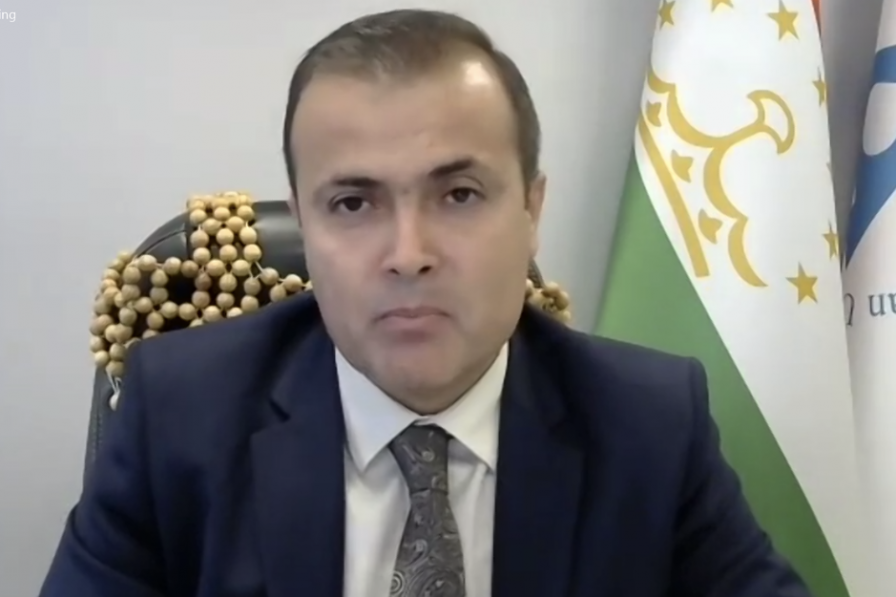
Sulton Rahimzoda, Chairman of the IFAS Executive Committee; Co-Chair of the Dushanbe Water Process; Government of Tajikistan
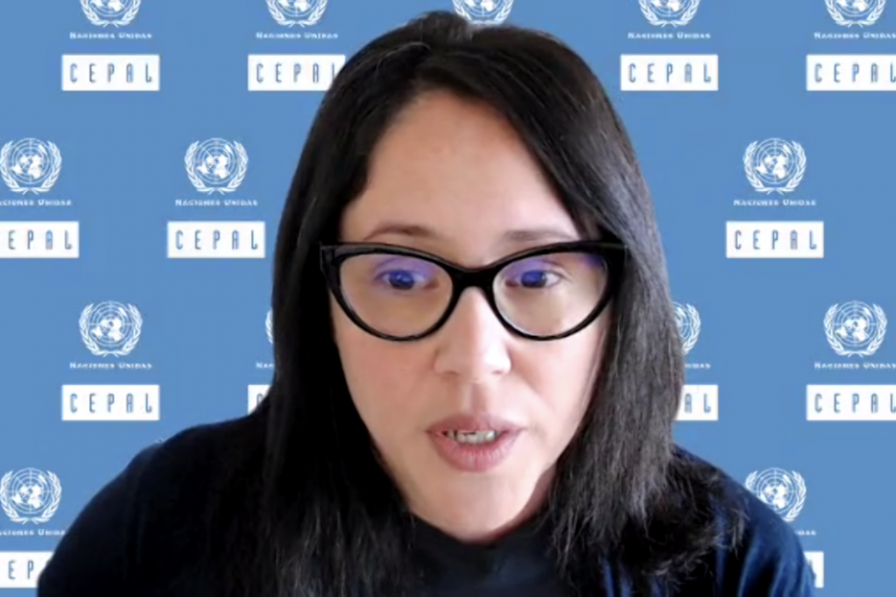
Silvia Saravia, Economic Affairs Officer, UN Economic Commission for Latin America and the Caribbean (UN ECLAC)
